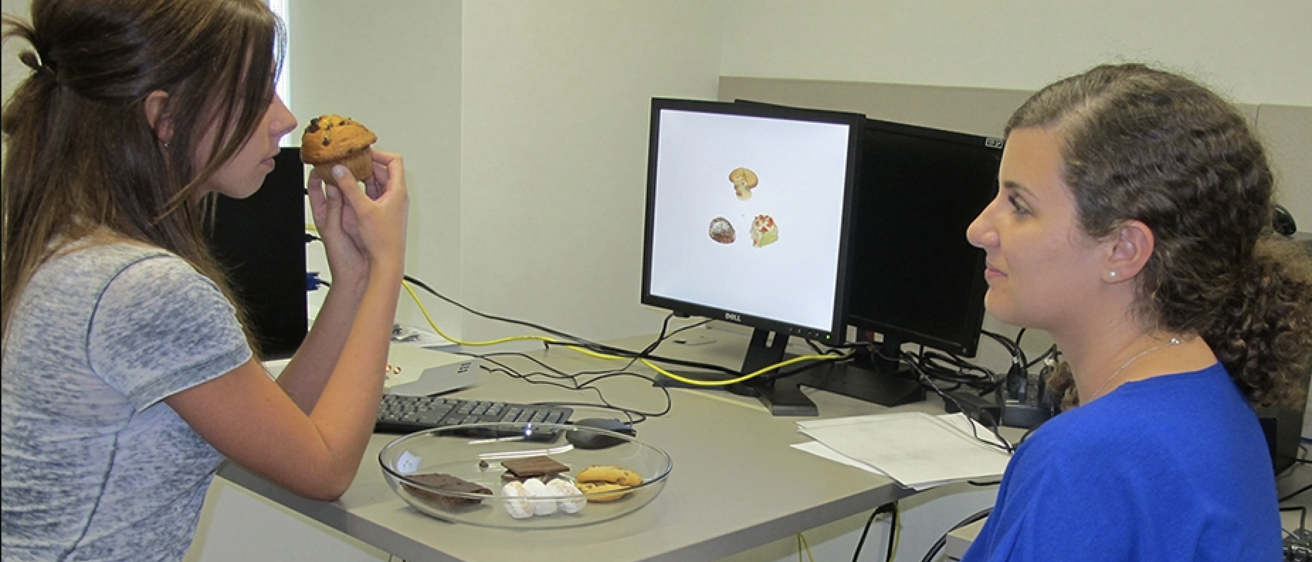Role of Sexual Aggression
Role of Sexual Perception in Acquaintance-Initiated Sexual Aggression
Male-initiated sexual aggression toward female acquaintances is a major public-health problem on college campuses. Theoretical models of sexual coercion and aggression between acquaintances implicate misperception of women’s sexual interest as a proximal predictor of sexually aggressive behavior. The inclusion of misperception in theoretical models is supported by a burgeoning literature linking impoverished processing of women’s sexual interest to increased risk of sexually coercive or aggressive behavior. For example, we have shown that high-risk men, relative to low-risk men, show less attention to, sensitivity to, and memory for women’s affective cues, and are more influenced by provocativeness of dress and other physical characteristics of women when judging women’s dating-relevant affect in full-body photographs.
Over the last decade, we have begun developing and evaluating cognitive-training procedures designed to enhance the accuracy of men’s judgments of women’s sexual interest. Both trial-by-trial feedback and explicit instruction about non-verbal affective indicators of women’s sexual interest have increased men’s focus on women’s affective cues and decreased men’s focus on women’s non-affective cues when judging women’s sexual interest. We also completed two NIAAA-funded studies, one of which evaluated the extent to which an enhanced training protocol fostered robust transfer to a moderate dose of alcohol and another that used eye-tracking methods to evaluate the influence of a moderate dose of alcohol on men's overt visual attention to women's faces, women's bodies, and the social envrionment while judging women's momentary sexual interest.
Currently, colleagues (Drs. Corbin at ASU and Viken at IU) and I are developing and conducting an NIH-funded preliminary evaluation of a fully computerized prevention program that targets sexual aggression, risky sex, and heavy drinking among college men. Our prevention approach integrates traditional motivational-interviewing techniques with these promising cognitive-training methods. As a part of this work, we’re developing new measures of protective behavioral strategies targeting both risky sex and sexually aggressive behavior, and we’re investigating college men’s misperceptions of the “typical college man’s” sexually relevant attitudes and behaviors, as well as his use of protective strategies. This work also determines whether men at greater risk of exhibiting sexual aggression are more likely than their peers to underestimate other men’s use of protective strategies and overestimate other men’s attitudes and behaviors that are supportive of sexually aggressive behavior. This more basic work sets the stage for extensive use of personalized normative and risk feedback in the prevention program, within each of the three problem domains of interest. Because our measurement-development work is conducted with fairly large sample sizes, we are also eager to address questions about sexual perception and decision making among gender and sexual minorities (e.g., persons who identify as LGBTQ+ or as BDSM practitioners).
Role of Affective Processing in Disordered Eating (primarily past research)
Researchers increasingly have focused on the role of cognitive factors in the etiology, maintenance, and treatment of disordered eating. Investigations have focused to a far greater degree on deficits in the processing of information about the self, rather than others, although social-comparison processes play a critical role in the development and maintenance of eating disorders. Furthermore, this body of work has focused almost exclusively on the processing of disorder-specific information (i.e., shape, weight, eating, and food). Preoccupation with shape, weight, eating, and food may result in or from impoverished processing of other significant information, however, such as affective information. Many women who struggle with eating-disorder symptoms report a keen sense of social ineffectiveness and display marked deficits in interpersonal problem solving and affect regulation. Attention to, memory for, and learning about affective information is central to effective social interactions, suggesting that examination of affective processing may prove useful. Thus, we have used tools drawn from cognitive science to investigate whether women reporting eating-disorder symptoms differentially process body-size and affective information presented in photos of other women.
About Us
The research conducted in the Clinical-Cognitive Science Laboratory leverages the theoretical, measurement, and computational models of contemporary cognitive science to investigate the role of cognitive processing in the development, maintenance, and modification of numerous clinical problems. To investigate the feasibility and utility of this hybrid clinical-cognitive approach, we have deliberately pursued parallel lines of research in multiple areas of psychopathology, with a primary focus on acquaintance-initiated sexual aggression and secondary foci on disordered eating, anxiety, depression, and alcohol-related problems. Currently, we focus only on acquaintance-initiated sexual aggression among college students.
